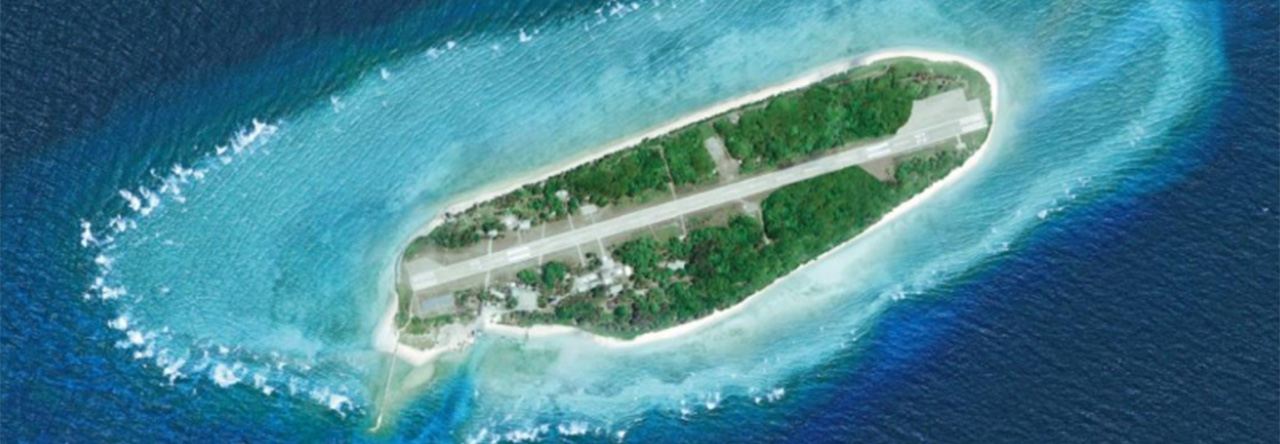International trade and shipping depend on the security of sea lines of communication (SLOCs). Key global shipping routes pass through the South China Sea, so the Award in the Philippines v. China arbitration case could have both positive and negative implications for the security of these waterways.
On one hand, the content of the Award could cause China and rival claimants to redouble their efforts to safeguard their maritime interests in the South China Sea. It could also embolden major non-claimant stakeholders, such as Australia, Japan, and the United States, conducting freedom of navigation operations or otherwise seeking to securitize SLOCs in the region. As a result, the increased naval presence in the area may pose risks to international trade and shipping transiting the South China Sea because (1) unintentional incidents at sea could involve or otherwise hinder shipping operations or (2) naval patrols may seek to search, interfere with, or detain commercial vessels viewed as infringing on national interests or violating international law.
On the other hand, if rival claimants decide in the aftermath of the arbitration case to hold diplomatic negotiations, take a more cooperative approach, and establish a Code of Conduct in the South China Sea, tensions could be eased, and the security of its shipping routes could be positively impacted as a result.








Comments are closed.